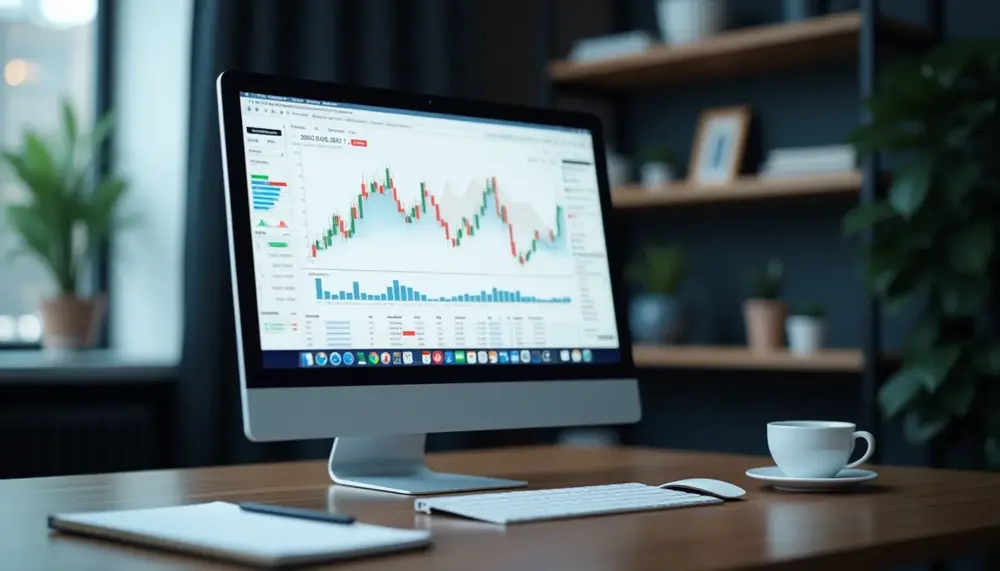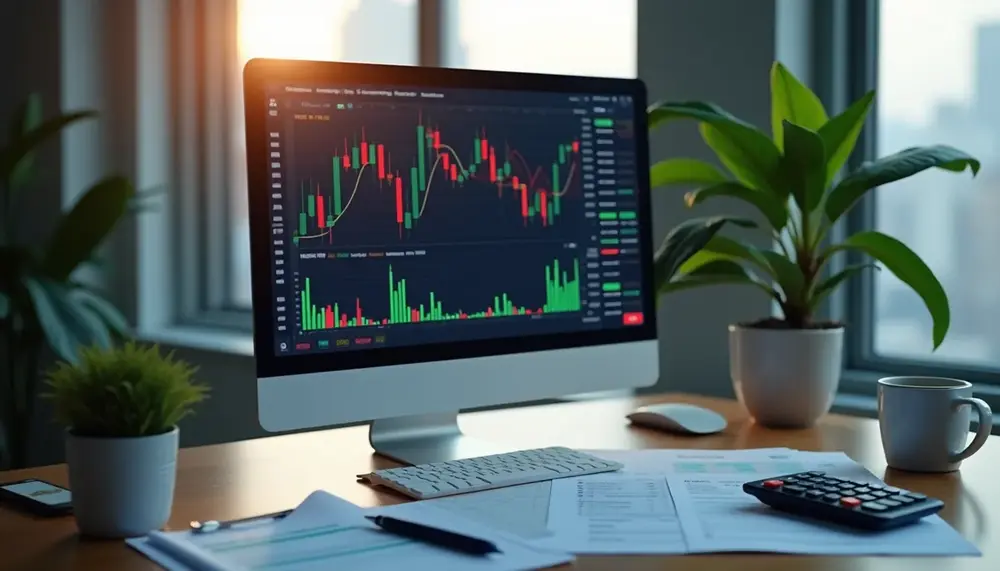Secondary Market
Secondary Market
Within the rich tapestry of terms and phrases used in the world of trading, few are as vital to understand as the term "Secondary Market". This entry is precisely pinpoints what the secondary market is, its functions, and why it is crucial under the spotlight of trading. If you are a newcomer or even a trader with some experience, this glossary term will help optimize your knowledge base in trading operations.
Defining the Secondary Market
The Secondary Market is a marketplace where investors buy and sell securities they already own. It is called "secondary" because the trades take place after the issuer, company, or originator sold its shares to investors in the primary market. Simply put, if the primary market is where companies sell their shares directly to investors for the first time (Initial Public Offering- IPO), the secondary market is where investors trade these owned shares among themselves. An everyday example would be the stock exchange platform.
Role of the Secondary Market in Trading
The function of the Secondary Market in trading is multi-pronged. Firstly, it provides an arena for trading securities, ensuring liquidity. Liquidity refers to how easily securities can be bought or sold in the market without affecting their price. High liquidity in secondary markets denotes that there are a lot of buyers and sellers at given price levels.
Secondly, it determines the pricing of securities on the basis of supply and demand factors. Lastly, it provides an opportunity for investors to exit their investment position whenever they desire, which is a critical aspect of investment decisions.
Types of Secondary Market
The Secondary Market often falls into two categories: Auction (or exchange) markets and dealer (or Over-The-Counter- OTC) markets. Auction markets, like the New York Stock Exchange (NYSE), bring buyers and sellers together at a centralized location, where the price of securities is established through direct bidding.
On the other hand, dealer markets, such as the National Association of Securities Dealers Automated Quotations (NASDAQ) system, consist of networked dealers who carry inventories of securities and stand ready to buy or sell with market participants.
Importance of Secondary Market: A Summary
In summary, the Secondary Market is a fundamental cornerstone in trading operations. It offers a platform where investors can trade securities after they have been issued, thus providing continual liquidity. Additionally, it enables price discovery based on supply and demand dynamics. So, understanding the Secondary Market and its functioning will pave the way to better grasp trading operations and make well-informed trading decisions.
Blog Posts with the term: Secondary Market

The U.S. regulatory framework for Bitcoin trading is complex, with multiple federal agencies like the SEC, CFTC, and FinCEN involved in creating guidelines that impact taxation, securities classification, and anti-money laundering efforts; state-level regulations vary widely. Recent legislative initiatives aim...

The integration of cryptocurrency and blockchain technology into gaming, exemplified by Microsoft's proposed crypto wallet for Xbox, aims to revolutionize in-game economies by enabling true digital asset ownership, seamless transactions, and decentralized financial systems while enhancing user experiences with features...

DeFi options trading operates on decentralized protocols using smart contracts, offering accessibility, transparency, and flexibility for strategies like speculation or hedging. Platforms such as Hegic and Opyn differ in mechanisms, asset support, customization options, and risk-reward models for liquidity providers....

